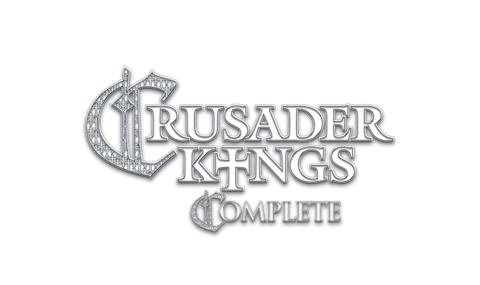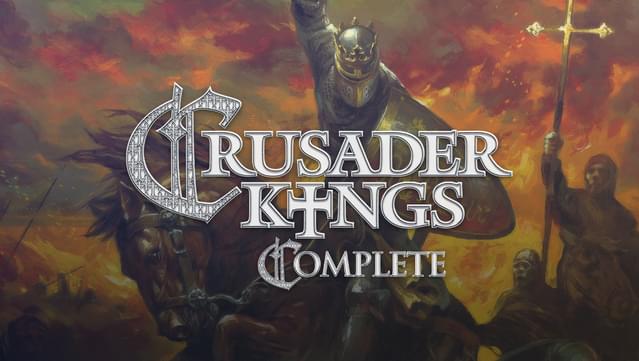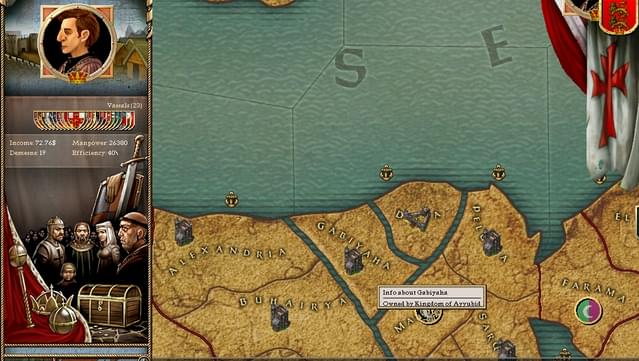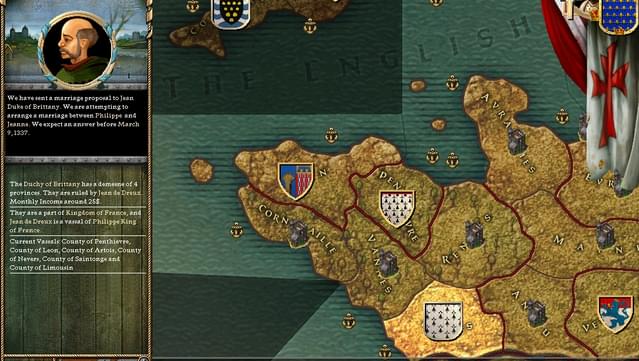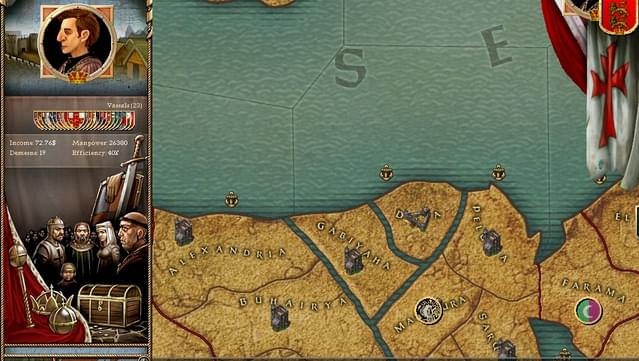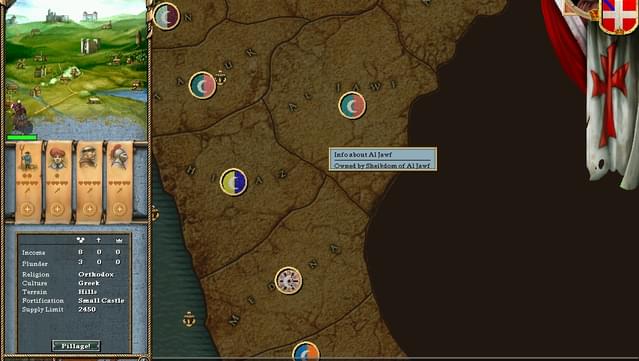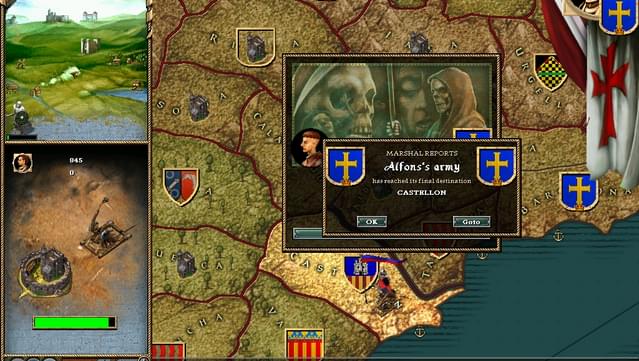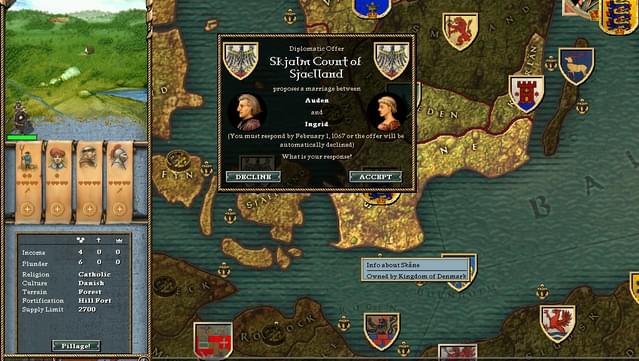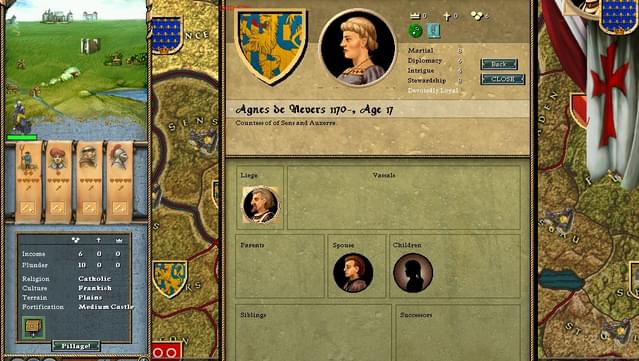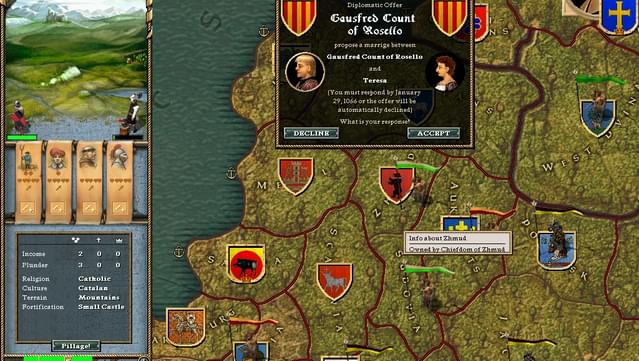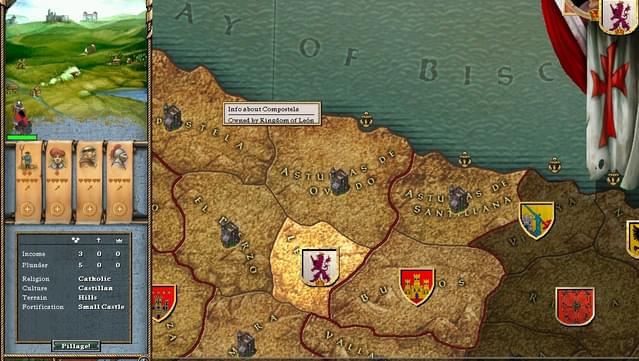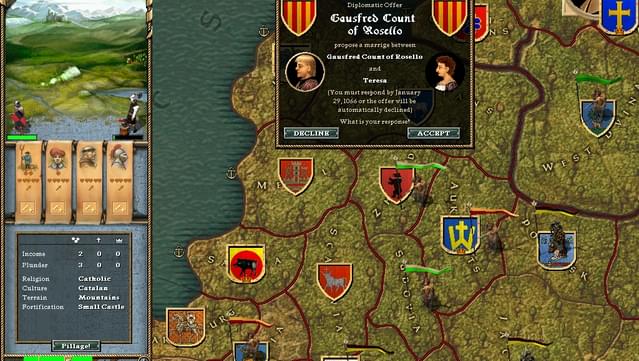See my full, detailed, review here:
http://www.rindis.com/blog/1859
Strategy games journalist Troy Goodfellow once said that Crusader Kings wasn’t Paradox’s best game, but it was his favorite from them (this was in 2011, before CK II came out), and while I’m not sure what my favorite Paradox game would be, I can well understand his sentiment.
Once again, Paradox showed that they could take the same basic game structure, and deliver a very different feel. From the grand sweep of empires across the globe in Europa Universalis, to the very detailed study of society and internal politics of Victoria, this time the game has a very personal feel. It isn’t a role-playing game, and cannot be mistaken for one, as there are no real characters here, and no dialog, no spark of life behind the actors on the stage. But the actors are there, and they are people, and not countries.
The common failure of most grand strategy games is to ignore the centrifugal forces that act against larger structures, while preserving most of their advantages. In CK, keeping a large kingdom together for any length of time can a harder accomplishment than conquering the world in a game like EU. It isn’t a detail-oriented simulation like Victoria, but it is much more successful at delivering the feel of the era.

